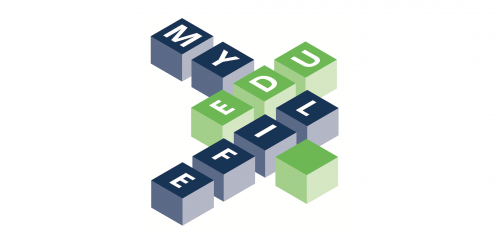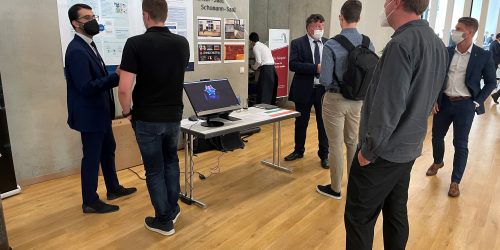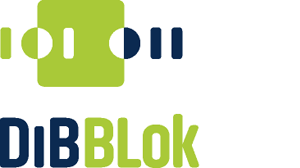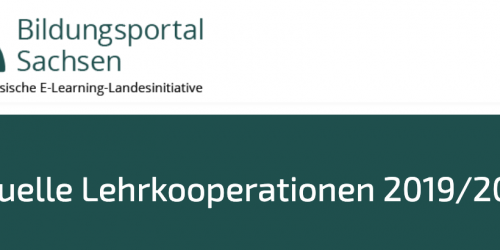Learning outcome-oriented documentation of further training in the blockchain
The current challenges of digitalization, globalization and individualization are leading to an ever faster change in job profiles and growing pressure on the lifelong development of professional skills. The importance of standardized documentation of lifelong learning biographies is increasing. Against the background of increasing micro-qualifications and constantly changing requirements, it is therefore difficult for learners to keep up with the abundance of...










